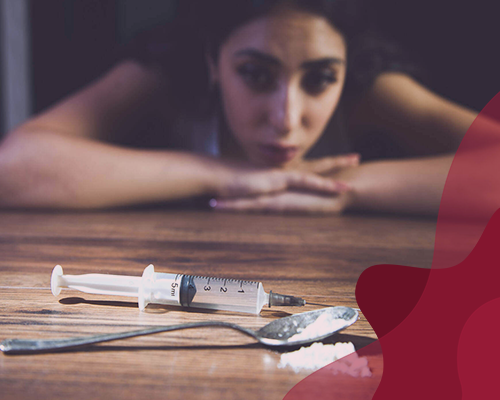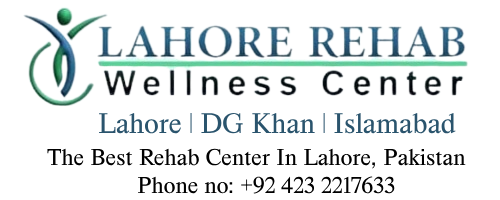LRWC ADDICTION CONTROL
Common Signs of Addiction
The Importance of Knowing the Warning Signs & Symptoms
Learning the signs of drug abuse and knowing how to address it with your friends can help prevent the problem from getting worse. Drug use can have significant short-term and long-term effects, including physical and mental health issues, increased risk of infectious diseases from sharing needles or unsafe sex, accidents, overdose, loss of jobs, trouble with your family, arrest and even death. Using some drugs can be particularly risky, especially when used at high doses or when combined with alcohol or other drugs.
General Signs that Someone is Using Drugs
Drugs cause physical effects, of course, which is why people use them. Some of the primary effects of drugs include euphoria, and increased or decreased energy. Drugs also cause other effects, and these effects can cause physical signs, such as:
- Bloodshot or glazed eyes
- Dilated (large) or constricted (small) pupils
- Abrupt weight changes
- Behavioral symptoms
Behavioral Signs of Drug Addiction
Drug abuse changes the brain in ways that can affect behavior. This is because drugs change areas of the brain associated with behavior. Behavioral symptoms of drug abuse can include:
- Changes in personality, such as going from outgoing to reclusive
- Changes in habits, including staying out late at night
- Increased irritability or aggression
- Changes in personality or attitude, such as going from upbeat to depressed or quiet to overly loud
- Lethargy, lack of energy
- Depression
- Sudden changes in a social network, usually towards drug-abusing friends
- Dramatic changes in habits and/or personal and professional priorities
- Financial problems from purchasing drugs, drug-related loss of work or drug-related legal problems
- Involvement in criminal activity
Drug Addiction and Physical Dependence
Addiction and physical dependence are serious side effects of drug abuse. Addiction is a brain disorder that causes uncontrollable drug cravings and changes in behavior. Physical dependence is a condition where a person must use a certain amount of drugs every day for their bodies to feel “normal.” Many people who abuse drugs become addicted to them.
Drug abuse and addiction signs and symptoms include:
- Using drugs more than a person wants to
- Continued use of drugs even though the person understands the negative consequences
- Using stronger doses to achieve the same effects, a condition known as tolerance
- Neglecting other activities and responsibilities
- Engaging in risky behavior to get more drugs
- Relationship problems
- Secrecy, especially when it comes to getting, hiding and using drugs
- Changing appearance, such as a decrease in personal hygiene, unclean clothes
- Signs of withdrawal when the individual stops using drugs
The Complication of Co-Occurring Disorders
Drug abuse signs and symptoms can vary greatly, depending on the drug used, the length of time the individual used drugs, the doses used, and many other factors. Co-occurring disorders, particularly those conditions requiring prescription drugs, can increase the risk of drug abuse. Certain mental illnesses, such as depression and eating disorders, can also increase someone’s risk of abusing drugs. The specific signs of drug abuse depends largely on the type of drug a person abuses, but the abuse of nearly any drug causes some general physical and behavioral signs. The signs and symptoms of drug abuse may become more prominent the longer a person abuses the substance.


